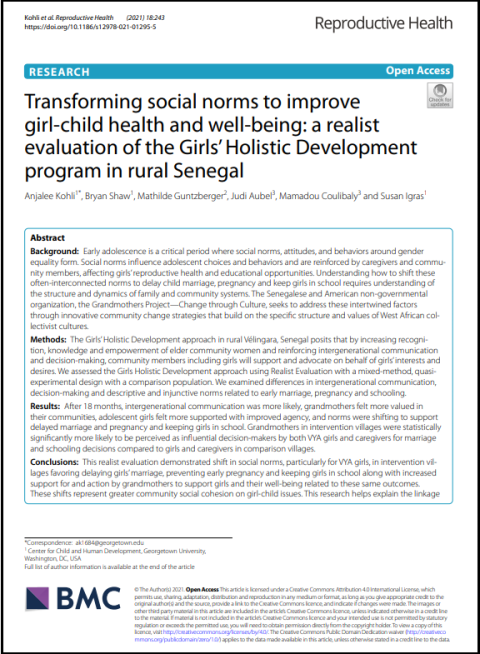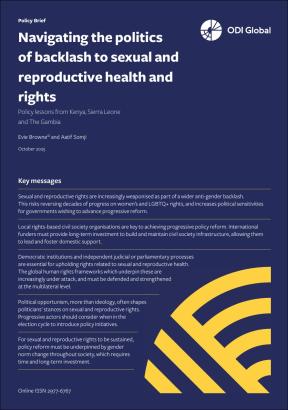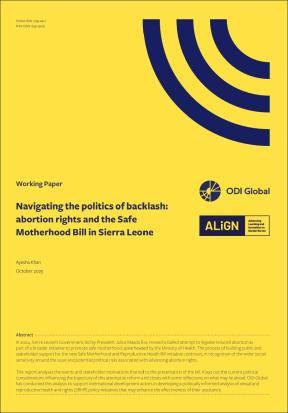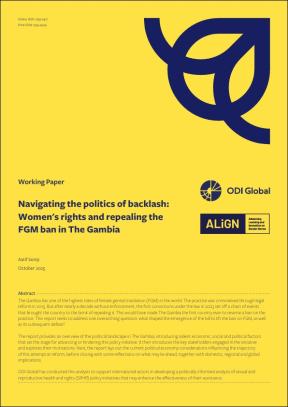- Journal article
- 3 December 2021
Transforming social norms to improve girl-child health and well-being: a realist evaluation of the Girls’ Holistic Development program in rural Senegal
- Published by: Reproductive Health Journal

During adolescence in Senegal, as elsewhere, decisions on whether to keep girls in school and at what age to marry girls are made by their caregivers and influenced by family and community members. Early pregnancy occurs at these ages, either before or during marriage. These social influences, called social norms, set expectations for parents and girls.
The Grandmothers Project—Change through Culture developed an intervention to shift social norms and change these three outcomes—early pregnancy, early marriage and keeping girls in school. The project, called Girls Holistic Development (GHD), builds on local relationships between girls, grandmothers, parents and community leaders and local values to facilitate discussion, reflection, collaboration and advocacy.
This study used realist evaluation methods, including qualitative and quantitative interview and focus group discussions, to understand whether these shifts in norms and behaviors took place. Research took place with girls, grandmothers and male and female caregivers 18 months after GHD started. Quantitative survey included 7 intervention and 7 comparison villages.
Results supported GHDs’ expectations and strategy. In intervention villages, grandmothers and girls reported closer relationships; parents considered grandmothers important sources of advice. Girls, grandmothers and caregivers described social expectations as favoring girl’s education, marriage at older ages and development of strategies to prevent girl’s pregnancy in intervention villages.
This evaluation provided strong support for GHDs’ ability to shift social norms to improve girls’ outcomes. By working with local relationships and values, GHD created more communication between community and family members and facilitated increased social bonds within the community.
- Tags:
- Health, Maternal and child health
- Countries / Regions:
- Senegal
Related resources
Policy paper
24 November 2025

Briefing paper
24 November 2025

Briefing paper
5 November 2025
